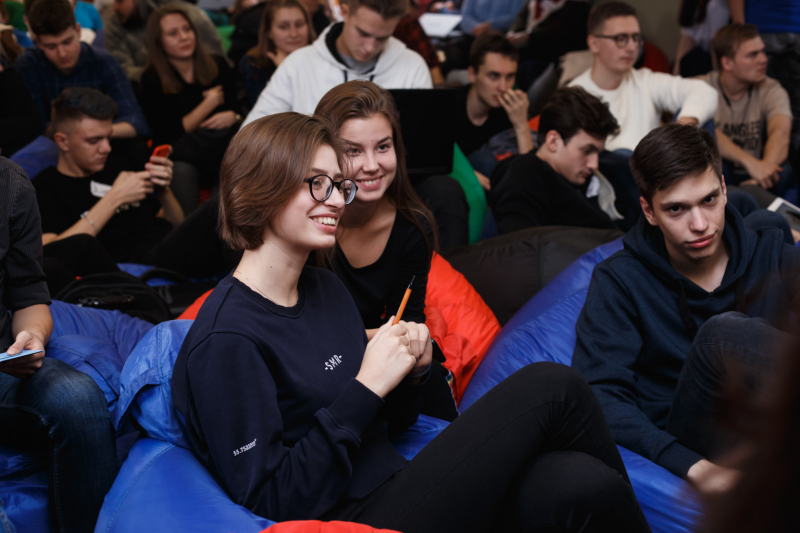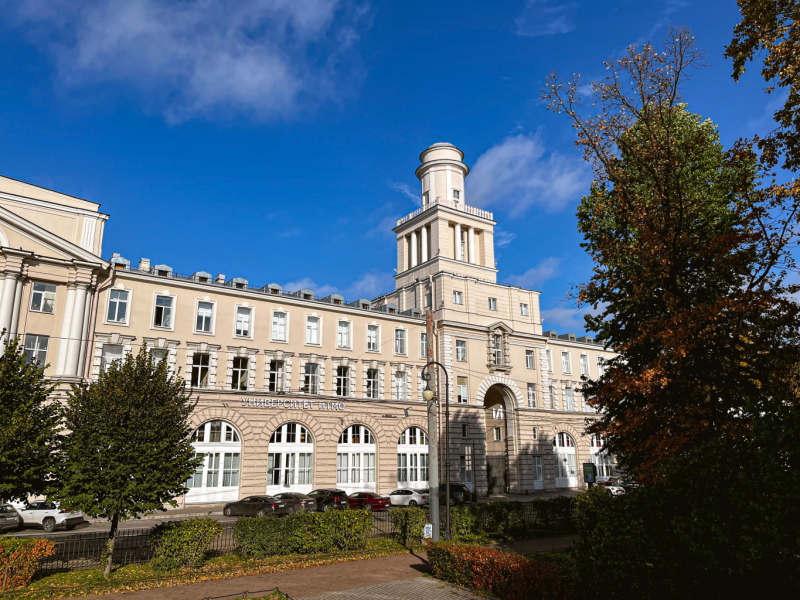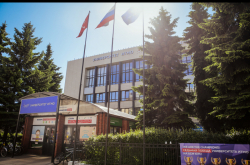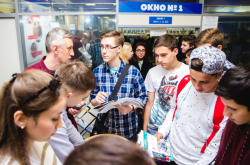In the IT subject ranking, ITMO was placed third (with 96.13 points), making it the best-performing IT university in St. Petersburg. The top five included Moscow and St. Petersburg universities, namely Lomonosov Moscow State University, Moscow Institute of Physics and Technology, ITMO University, the Higher School of Economics, and St. Petersburg State University.
As stressed by the ranking’s authors, information technology is one of the most competitive fields, with the least gap in scores between the first and last universities in the top 20.
Compared to last year, the ranking expanded from 29 to 35 subject areas, introducing mathematics, natural and engineering sciences, social sciences and humanities, pedagogy, medicine, and agriculture into this year’s edition.
ITMO is featured in seven subject areas. The university has made it to the top 3 in Information Technology and Engineering & Robotics and the top 5 in Biotechnology & Bioengineering, Physics, and Chemical Engineering.
All in all, the agency evaluated 164 universities from 42 regions of Russia. For comparison, last year there were 29 subject areas and 136 educational organizations.

ITMO students. Credit: ITMO.NEWS
Selection process
The RAEX national subject ranking evaluates universities based on their educational, scientific, and social missions. According to the authors, the ranking aims to show which universities offer the highest-quality education in particular fields while making significant social contributions.
The agency’s analysts do not take expert surveys into account. Evaluations in this ranking are based on statistics from the Ministry of Science and Higher Education, bibliometric data providers Clarivate Analytics and Scopus, the organizers of the I Am a Professional contest, the system for media monitoring and analysis SCAN-Interfax, MOOC aggregators, online traffic data by Informer Technologies, and data from YouTube, Telegram, and VK.
The subject rankings calibrate indicators and their value based on each subject area. For instance, scientific activities account for 35% of the score in natural and engineering fields but only 25% in social sciences and humanities.





